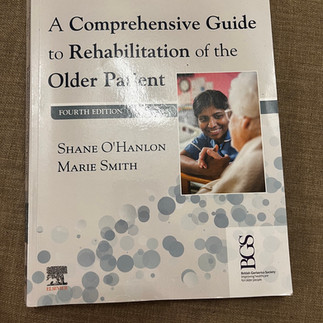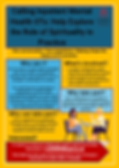This post is from a suggested group
New stroke recommendations: Visual/visual perceptual disorders

The European Stroke Organization has issued first recommendation document on management of visual and visual perceptual disorders after stroke. It calls for systematic early screening and wider implementation of evidence-based strategies. It emphasises that rehabilitation requires coordinated care from neurologists, neuropsychologists, orthoptists and occupational therapists. "Recommendations should help expand use of recovery methods, such as visual scanning training and prism adaptation, making them more accessible and beneficial."
%20(dark%20background).png)

%20(dark%20background).png)
































Good results in our SEN high school but only when worked alongside a good understanding and implementation of Kelly Mahlers interoception curriculum and coregulation approach and Thrive!